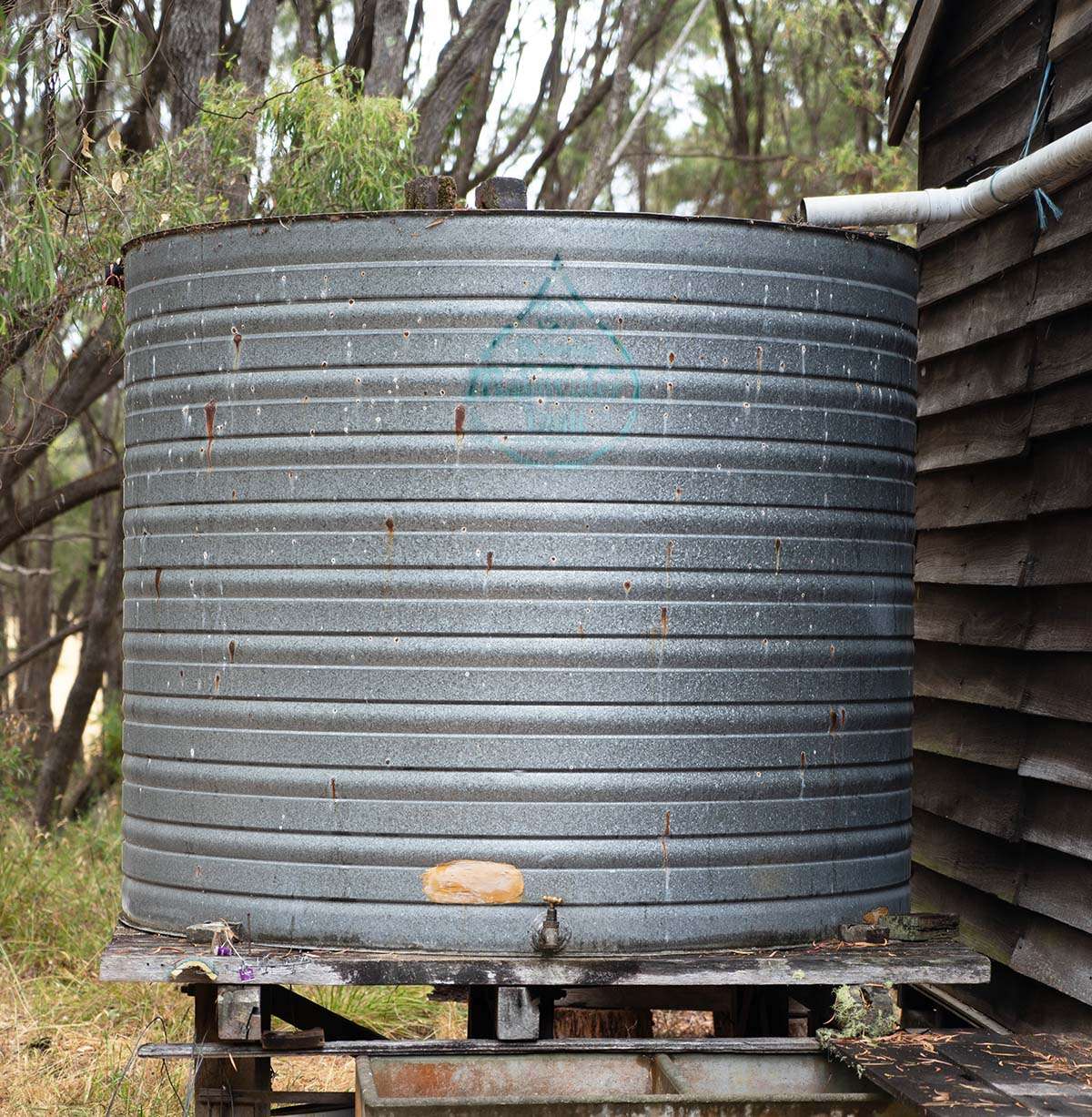If you’ve ever dreamt of leaving behind the hustle and bustle of urban life and living off the grid, Virginia might just be the perfect place for you. With its legal provisions for off-grid living and the ability to harvest rainwater, Virginia offers a promising environment for those seeking a simpler and more sustainable lifestyle. And despite its reputation for being densely populated, there are still pockets of untouched nature to explore. However, finding suitable land for a homestead can be a challenge due to high population density, but the western part of the state provides better options. Additionally, while living off the grid may be generally legal in Virginia, it’s important to consider local regulations and comply with building codes. So if you’re ready to escape the city and embrace a more self-sufficient lifestyle, keep reading to discover what living off-grid in Virginia entails.
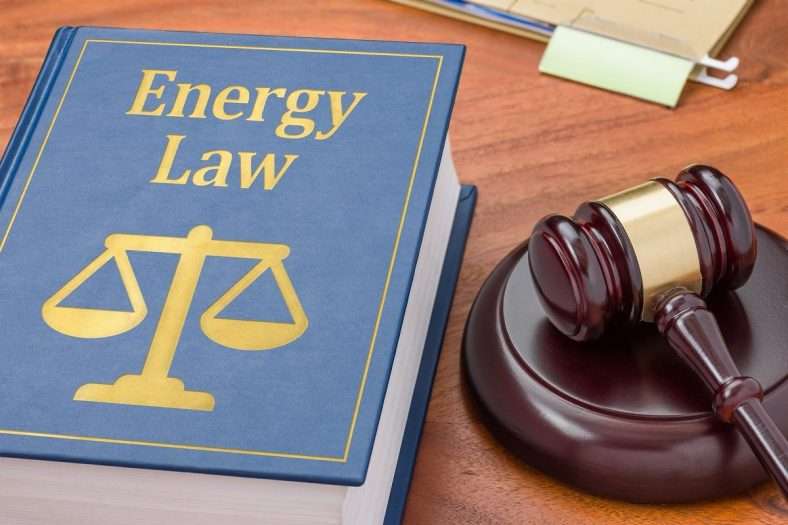
Legal Provisions for Living Off-Grid in Virginia
Overview of off-grid living regulations
In Virginia, living off-grid is generally legal but may have some requirements and limitations depending on local regulations. While the state does not have specific laws for off-grid living, individuals are still required to comply with zoning laws, building codes, permits, and licenses. It is important to research and understand the regulations of the specific locality where you plan to live off-grid.
Zoning laws and building codes
Zoning laws in Virginia vary from county to county, and it is crucial to consult with the local government to determine the specific regulations for off-grid living. Some areas may have restrictions on the size and type of structures allowed, as well as the use of renewable energy sources. Building codes are also important to consider and ensure that your off-grid dwelling meets the necessary safety standards.
Permits and licenses required
In Virginia, obtaining permits and licenses is often required for various aspects of off-grid living, such as building or modifying structures, installing renewable energy systems, and operating certain businesses. It is advisable to consult with the local government authorities to understand the specific permits and licenses needed for your off-grid lifestyle.
Electricity and power generation regulations
When generating electricity off-grid in Virginia, there are generally no specific regulations pertaining to renewable energy systems. However, it is important to comply with electrical safety codes and obtain appropriate permits for installation and interconnection. It is also crucial to understand the regulations regarding net metering and the sale of excess power back to the grid, as these can vary between utility providers.
Water and wastewater regulations
Water and wastewater regulations also vary depending on the locality in Virginia. Off-grid dwellers may need to comply with regulations regarding water sources, treatment systems, and waste disposal practices. It is essential to research and understand the specific requirements for your off-grid water and wastewater management.
Waste disposal regulations
Proper waste disposal is important for environmental, health, and sanitation reasons. While there may not be specific off-grid waste disposal regulations, it is crucial to follow general practices for waste management. This may include composting, recycling, and responsible disposal of non-recyclable waste. Municipal waste services may not be available in all areas, so off-grid dwellers should plan for proper waste management solutions.
Food production and farming regulations
Virginia has a rich agricultural heritage, and off-grid living often involves growing food and farming. While there are no specific regulations for off-grid food production, it is important to adhere to best practices for sustainable farming, such as soil conservation, responsible use of fertilizers and pesticides, and compliance with any relevant organic farming standards. Local zoning laws may also dictate the size and type of agricultural activities allowed on your property.
Heating and cooling regulations
Heating and cooling regulations for off-grid living in Virginia generally depend on the specific power source being used. If using wood-burning stoves or fireplaces, it is important to follow safety guidelines and local regulations regarding emissions and air quality. For alternative heating and cooling systems, such as solar or geothermal, it is important to comply with electrical and building codes.
Tax incentives for off-grid living
Virginia offers various tax incentives and rebates for renewable energy systems, such as solar panels or wind turbines. These incentives can help offset the costs of installing and maintaining off-grid power generation systems. Additionally, off-grid living may offer tax benefits related to property taxes, but these can vary depending on the locality.
Limitations and restrictions
While Virginia generally allows for off-grid living, it is important to be aware of any limitations or restrictions that may exist in the specific locality. Some areas may have restrictions on the size and type of structures allowed, the use of renewable energy sources, or the operation of certain businesses. It is advisable to thoroughly research and understand the regulations and limitations before embarking on an off-grid lifestyle in Virginia.
Finding Suitable Land for Off-Grid Living
Challenges due to high population density
Although Virginia offers favorable legal provisions for off-grid living, finding suitable land can be challenging due to its high population density. The demand for land, especially in more urban and suburban areas, can make it difficult to find large parcels of land suitable for off-grid living. Additionally, proximity to amenities and services may be important considerations for some individuals living off-grid.
Options in the western part of the state
While finding land in more populated areas of Virginia may be difficult, the western part of the state offers better options for off-grid living. This region has a lower population density and is known for its scenic beauty, abundant natural resources, and potential for self-sustainable living. The Appalachian Mountains provide a picturesque backdrop for those seeking a more secluded off-grid lifestyle.
Factors to consider when choosing land
When choosing land for off-grid living in Virginia, several factors should be taken into consideration. These include proximity to amenities and services, access to water sources, suitability for agriculture or gardening, availability of renewable energy resources such as solar and wind, and the potential for self-sustainability. It is important to thoroughly evaluate these factors to ensure that the chosen land meets your specific needs and goals for off-grid living.
Availability of untouched natural areas
Despite its high population density, Virginia still has areas of untouched natural beauty. These include national parks, state parks, and protected areas that offer opportunities for off-grid living in close proximity to nature. These areas provide a unique opportunity to live off-grid while enjoying the diverse wildlife, forests, and natural landscapes that Virginia has to offer.
Cost of land in Virginia
The price of land in Virginia can vary depending on location, proximity to urban areas, accessibility, amenities, and size. Generally, land prices in the eastern part of the state tend to be higher due to its close proximity to major metropolitan areas. In contrast, land prices in the western part of the state may be more affordable, especially in rural and remote areas. It is important to consider your budget and conduct thorough research on land prices in your desired location.
Property tax rates
When considering the cost of off-grid living in Virginia, it is essential to understand the property tax rates. Property taxes in Virginia are generally below the national average, which can be beneficial for off-grid dwellers who own their land. However, tax rates can vary depending on the locality, so it is important to research and understand the specific property tax rates in the area where you plan to live off-grid.
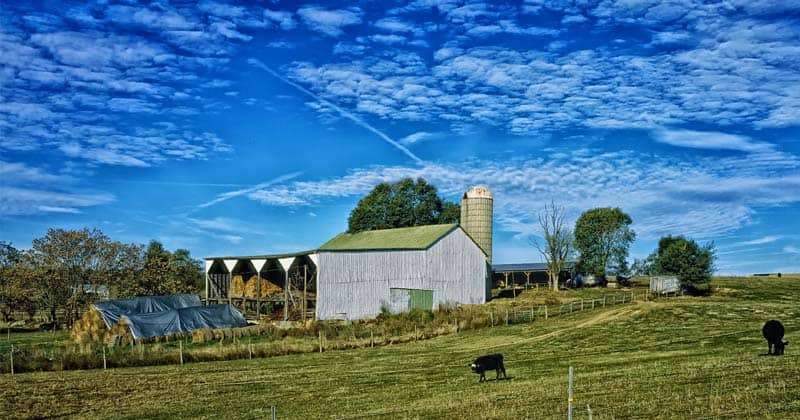
Cost of Living in Virginia
Comparison with national average
The cost of living in Virginia is generally on par with the national average. While certain factors, such as housing and healthcare costs, may be higher, other expenses may be more affordable compared to other states. It is important to consider the overall cost of living when planning for off-grid living in Virginia.
Housing and real estate costs
Housing costs in Virginia can vary significantly depending on location and proximity to major urban areas. Overall, the cost of housing tends to be higher in more urban and suburban areas, while rural areas may offer more affordable options. Off-grid dwellers should consider the cost of land, construction or modification of structures, and potential restrictions or requirements when budgeting for housing expenses.
Healthcare costs
Healthcare costs in Virginia can be higher compared to the national average. It is important to consider the cost of health insurance, medical services, and any specific healthcare needs when calculating the overall cost of living off-grid in Virginia. Researching healthcare options and understanding the availability of medical services in your desired location is essential.
Transportation costs
Transportation costs in Virginia can vary depending on the distance to urban areas and the availability of public transportation. While owning a personal vehicle may incur expenses such as fuel, maintenance, and insurance, living off-grid in more remote areas may reduce the need for frequent commuting. It is important to consider transportation costs when budgeting for off-grid living in Virginia.
Food and grocery expenses
The cost of food and groceries in Virginia is generally comparable to the national average. The availability of fresh produce, local markets, and the potential for self-sustainable food production through gardening or farming can help reduce food expenses for off-grid dwellers. Planning and budgeting for food and grocery expenses is essential when calculating the overall cost of off-grid living in Virginia.
Utility costs
Living off-grid in Virginia may reduce or eliminate certain utility costs, such as electricity and water bills. However, off-grid dwellers should consider the costs associated with alternative power generation systems, such as solar panels or wind turbines, as well as water treatment and management systems. These initial setup costs and ongoing maintenance expenses should be factored into the overall cost of off-grid living.
Taxes and fees
In addition to property taxes, off-grid dwellers in Virginia should consider other taxes and fees, such as income taxes, sales taxes, and vehicle registration fees. These costs can vary depending on income level, spending habits, and specific locality. It is important to research and understand the tax obligations and fees associated with off-grid living in Virginia.
Unemployment rate
Virginia has a lower unemployment rate compared to the national average, which can be a positive factor for off-grid dwellers seeking employment opportunities. However, it is important to consider that off-grid living may require a more self-sustainable lifestyle, reducing reliance on traditional employment.
Minimum wage
The minimum wage in Virginia is currently set at $7.25 per hour, which is the federal minimum wage. It is important to consider the minimum wage when planning for off-grid living and budgeting for expenses.
Crime rate
Virginia generally has a relatively low crime rate compared to the national average. Off-grid dwellers can take advantage of the state’s safer communities and focus on enjoying their rural or remote lifestyle. However, it is still important to be mindful of security measures and take necessary precautions to ensure personal safety.
Climate and Agriculture in Virginia
Humid subtropical climate
Virginia has a humid subtropical climate, characterized by hot and humid summers, mild winters, and moderate precipitation throughout the year. The climate is influenced by both the Atlantic Ocean and the Appalachian Mountains, which can result in regional variations in weather patterns.
Seasonal variations
Virginia experiences distinct seasons, with temperatures ranging from cold winters to hot summers. Spring and fall offer milder temperatures and are generally considered pleasant seasons. These seasonal variations provide opportunities for off-grid dwellers to plan their activities, such as gardening and preparing for winter.
Suitability for crop cultivation
The climate in Virginia is suitable for growing a variety of crops. Crops like tobacco, wheat, maize, barley, corn, peanuts, and various vegetables can be cultivated in different regions of the state. The suitability of specific crops may depend on factors such as soil type, temperature, rainfall, and individual microclimates.
Types of crops grown in Virginia
Virginia’s agricultural industry is diverse, with different regions specializing in various crops. The state is known for its production of tobacco, peanuts, apples, grapes, corn, soybeans, and poultry. Off-grid dwellers can explore the potential for self-sustainable farming and gardening, taking advantage of the diverse agricultural opportunities in Virginia.
Irrigation and water availability
Freshwater availability is generally not a problem in Virginia, with adequate rainfall and groundwater sources. However, off-grid dwellers should consider the availability of water for irrigation purposes, especially during periods of drought or when relying solely on rainwater harvesting. Proper water management strategies, such as rainwater collection and storage, can help ensure a reliable water supply for crops and other needs.
Effects of climate change on agriculture
Like many other regions, Virginia is also experiencing the effects of climate change. Rising temperatures, changes in precipitation patterns, and increased frequency of extreme weather events can impact agricultural practices and crop yields. Off-grid dwellers should be aware of these potential challenges and adapt their farming and gardening practices accordingly.
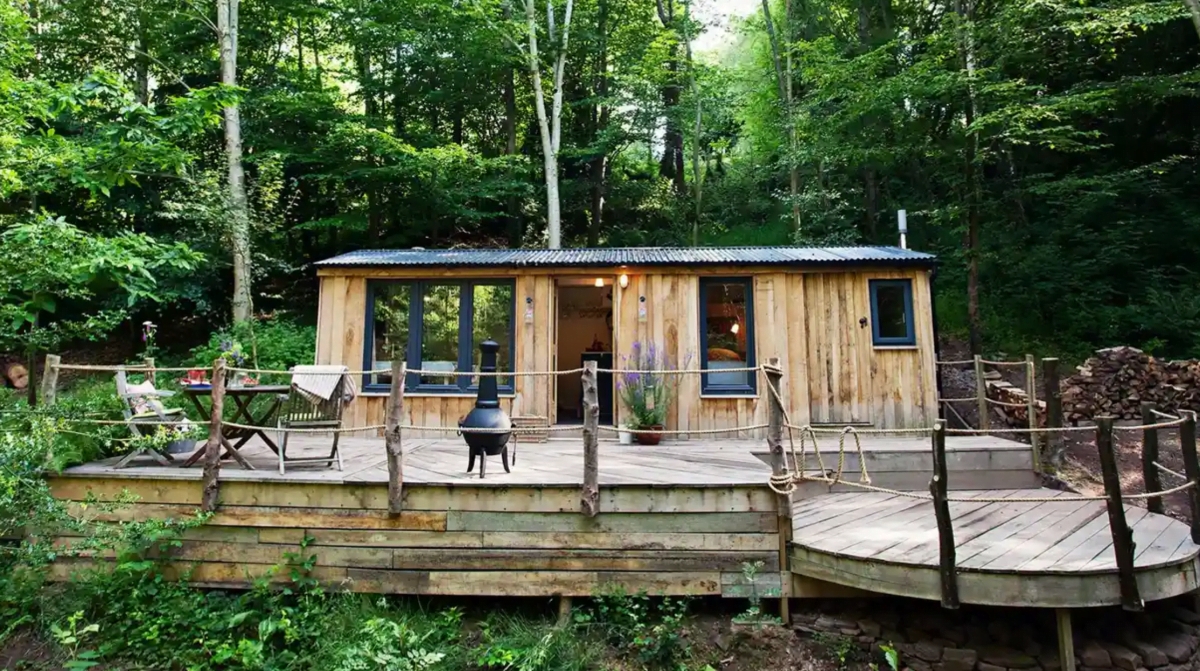
Rainwater Harvesting in Virginia
Importance of rainwater harvesting
Rainwater harvesting is an important practice for off-grid dwellers in Virginia. It allows for the collection and storage of rainwater for various non-potable uses, such as irrigation, livestock watering, and household chores. Harvesting rainwater reduces reliance on traditional water sources and can be a sustainable solution for off-grid living.
Legal provisions and regulations
Virginia has legal provisions and regulations related to rainwater harvesting, primarily focused on the collection and use of rainwater on a larger scale. In some cases, permits or licenses may be required, especially for larger-scale rainwater harvesting systems. Off-grid dwellers should consult with local authorities to understand the specific regulations and requirements for rainwater harvesting in their area.
Permitting and licensing requirements
Depending on the scale of rainwater harvesting, permits or licenses may be required in Virginia. It is important to research and understand the specific permitting and licensing requirements for rainwater harvesting systems, especially if the intention is to collect and store larger volumes of rainwater.
Rainwater storage and treatment
Rainwater storage and treatment systems are essential for off-grid dwellers in Virginia. The collected rainwater should be stored in clean and properly maintained tanks or containers to ensure its quality. Treatment methods, such as filtration and disinfection, may also be necessary to make the rainwater suitable for certain uses, such as drinking water.
Uses of harvested rainwater
Harvested rainwater can be used for various purposes in off-grid living, including irrigation, livestock watering, toilet flushing, and household cleaning tasks. Depending on the quality of the collected rainwater, it may also be suitable for certain non-potable indoor uses, such as laundry or personal hygiene. Off-grid dwellers can maximize the benefits of rainwater harvesting by using the collected water efficiently and responsibly.
Benefits and challenges of rainwater harvesting
Rainwater harvesting offers several benefits for off-grid dwellers in Virginia. It reduces reliance on traditional water sources, helps conserve water, and can provide a reliable supply during times of drought or water shortages. However, challenges such as limited storage capacity, seasonal variations in rainfall, and the need for proper maintenance and treatment should be considered when implementing rainwater harvesting systems.
Power Generation for Off-Grid Living in Virginia
Solar power options
Virginia offers favorable conditions for solar power generation, making it a popular choice for off-grid dwellers. The state receives ample sunlight throughout the year, which can be harnessed using solar panels to generate electricity. Solar power systems can provide a reliable and sustainable source of energy for off-grid living in Virginia.
Wind power options
Certain regions of Virginia, especially in the western part of the state, have favorable wind resources for generating electricity. Small-scale wind turbines can be used to harness wind energy, providing an alternative power source for off-grid dwellers. However, it is important to assess the wind resource potential in your specific location before considering wind power as an option.
Other renewable energy sources
In addition to solar and wind power, other renewable energy sources may be suitable for off-grid living in Virginia. These include hydropower, geothermal energy, and biomass energy. Off-grid dwellers can explore the potential for these alternative energy sources depending on the specific conditions and resources available in their desired location.
Net metering regulations
Net metering allows off-grid dwellers to sell excess electricity generated from renewable sources back to the grid. Virginia has specific regulations governing net metering, which can vary depending on the utility provider and the size of the renewable energy system. It is important to understand the net metering regulations and requirements to take full advantage of the benefits offered.
Incentives and rebates for renewable energy
Virginia offers various incentives and rebates to promote the use of renewable energy systems. These incentives can help offset the costs of installing and maintaining off-grid power generation systems. Programs such as the Solar Renewable Energy Credit (SREC) and the Residential Clean Energy Rebate Program provide monetary benefits and support for off-grid dwellers implementing renewable energy technologies.
Backup power solutions
Having backup power solutions is important for off-grid living in Virginia, especially during times when renewable energy generation may be limited. Backup power options such as generators, battery storage systems, or hybrid power systems can provide reliable power supply when needed. It is important to consider and implement appropriate backup power solutions to ensure uninterrupted off-grid living.
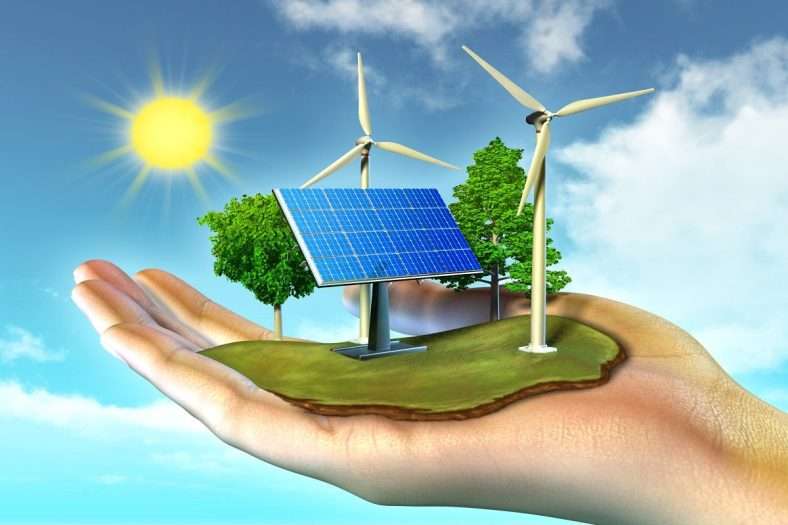
Wildlife and Nature in Virginia
Diverse wildlife species
Virginia is home to a diverse range of wildlife species, making it an attractive destination for nature enthusiasts and off-grid dwellers. The state’s diverse ecosystems support various species, including black bears, deer, foxes, bobcats, beavers, coyotes, and groundhogs. Off-grid living provides an opportunity to observe and interact with these wildlife species in their natural habitats.
Interaction with wildlife
Living off-grid in Virginia may involve encounters and interactions with wildlife. It is important to understand and respect the natural behavior and habitats of wildlife species. Responsible practices such as wildlife conservation, proper waste management, and securing food and resources can help maintain a harmonious coexistence with wildlife.
Conservation efforts
Virginia has implemented various conservation initiatives to protect and preserve its natural habitats and wildlife species. State and federal agencies, as well as private organizations, work together to conserve biodiversity, restore ecosystems, and promote sustainable practices. Off-grid dwellers can contribute to these conservation efforts by adopting sustainable living practices and respecting the natural environment.
Protected areas and parks
Virginia offers a range of protected areas and parks that provide opportunities for outdoor recreational activities and wildlife observation. National parks, state parks, and wildlife management areas offer trails, camping sites, and educational programs for those seeking to immerse themselves in the natural beauty of Virginia. Living off-grid in close proximity to these areas allows for easy access to outdoor recreational opportunities.
Outdoor recreational opportunities
Living off-grid in Virginia opens up a world of outdoor recreational opportunities. From hiking and camping in the Shenandoah National Park to fishing and boating on the Chesapeake Bay, off-grid dwellers can enjoy a wide range of activities amidst the state’s natural beauty. Virginia’s diverse landscapes, including mountains, forests, rivers, and coastal areas, provide endless possibilities for outdoor exploration and adventure.
Infrastructure and Transportation in Virginia
Road quality and accessibility
Virginia has a well-developed transportation infrastructure, including highways, roads, and bridges that connect various regions of the state. While road quality and accessibility are generally good, some areas, especially in the western part of the state, may have narrower or more challenging roads due to terrain or remoteness. Off-grid dwellers should consider the road conditions and accessibility when choosing a location for their off-grid lifestyle.
Public transportation options
Virginia offers public transportation options, particularly in more urban and suburban areas. Metro systems, buses, trains, and commuter services provide convenient transportation for residents who need to travel to and from major urban centers. However, in more rural and remote areas, public transportation options may be limited, making private vehicle ownership more essential for off-grid living.
Internet and telecommunications
Internet and telecommunication services in Virginia are generally reliable and accessible, especially in more populated areas. Off-grid dwellers who rely on internet access for communication, work, or entertainment may need to consider the availability of broadband or wireless connectivity options in their desired location. In more remote areas, satellite internet or other alternative solutions may be necessary.
Emergency services availability
Virginia has a comprehensive network of emergency services, including police, fire, and medical response teams. Off-grid dwellers should be aware of the availability and response times of emergency services in their specific location. In more rural or remote areas, response times may be longer, and it may be necessary to have adequate emergency preparedness plans and supplies on hand.
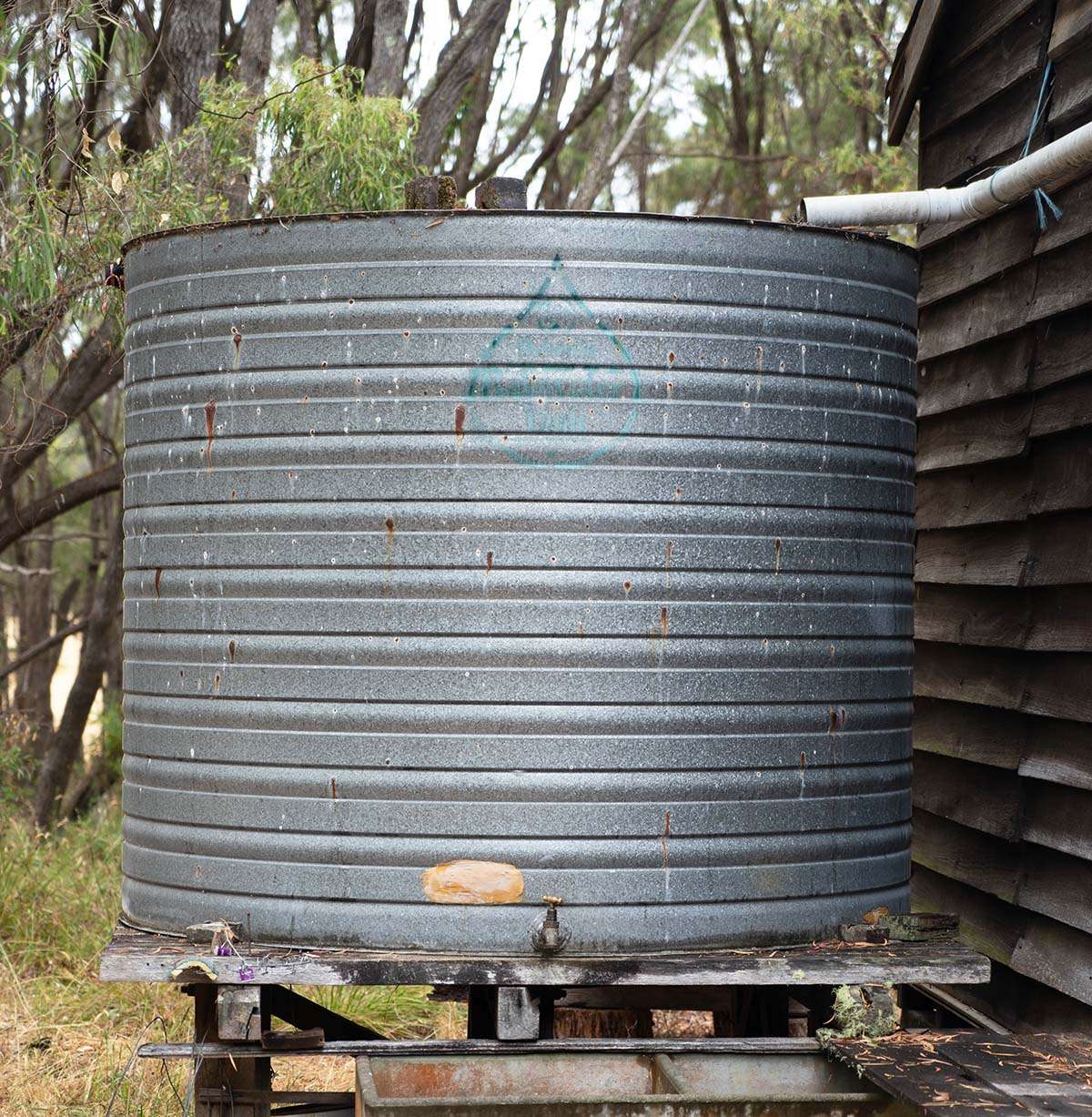
Natural Disasters in Virginia
Common types of natural disasters
Virginia is susceptible to a range of natural disasters, including thunderstorms, hurricanes, tropical storms, tornadoes, floods, winter storms, and heatwaves. Each of these natural disasters presents unique challenges and risks for off-grid dwellers. It is crucial to be prepared and have emergency plans in place to ensure the safety and well-being of yourself and your property.
Preparation and emergency planning
Living off-grid in Virginia requires thorough preparation and emergency planning, especially in the face of potential natural disasters. It is essential to have emergency supplies, such as food, water, medicines, and first aid kits, readily available. Developing evacuation plans, staying informed about weather conditions, and having communication systems in place are all crucial for off-grid dwellers in Virginia.
Impact on off-grid living
Natural disasters can have a significant impact on off-grid living in Virginia. Power outages, water shortages, damage to structures, and limited access to resources and services may occur during and after a natural disaster. Off-grid dwellers should prioritize disaster preparedness, invest in resilient infrastructure, and develop contingency plans to mitigate the impact of natural disasters.
Insurance considerations
Off-grid dwellers in Virginia should carefully consider their insurance needs, especially in relation to natural disasters. Homeowners or property insurance policies should cover damages caused by natural disasters, including windstorms, floods, or other relevant events. It is important to review and understand the coverage, exclusions, and policy limits provided by insurance providers to ensure appropriate protection for your off-grid property.
Living in a Shed in Virginia
Local regulations and zoning laws
Living in a shed in Virginia may be subject to local regulations and zoning laws. Some counties may have specific restrictions on the use and occupancy of sheds as living spaces. Off-grid dwellers should consult with local authorities to understand the specific regulations and requirements for living in a shed in their desired location.
Permitted uses and restrictions
Depending on local regulations, sheds may have specific permitted uses and restrictions. These may include limitations on the size, construction materials, or location of sheds. Some areas may require sheds to be temporary structures or prohibit their use as permanent living spaces. It is important to research and understand the specific permitted uses and restrictions before considering living in a shed in Virginia.
Building codes for sheds
When considering living in a shed in Virginia, it is crucial to comply with applicable building codes. Building codes ensure safety and structural integrity and may include requirements for electrical systems, insulation, ventilation, and other aspects of the shed. Off-grid dwellers should consult with local building authorities to ensure compliance with building codes when planning to live in a shed.
Alternative housing options
While sheds may offer a compact and affordable housing option for off-grid living, there are other alternative housing options to consider in Virginia. Tiny homes, mobile homes, yurts, or converted shipping containers are among the alternatives that provide additional space and comfort for off-grid dwellers. These options may require additional considerations in terms of zoning laws, building codes, and permits.
Considerations for off-grid living
Living off-grid in a shed or alternative housing option requires careful consideration and planning. Off-grid dwellers should assess their specific needs and goals, research applicable regulations, and ensure compliance with relevant codes and permits. It is important to prioritize safety, sustainability, and self-sufficiency when embarking on an off-grid lifestyle in Virginia.

